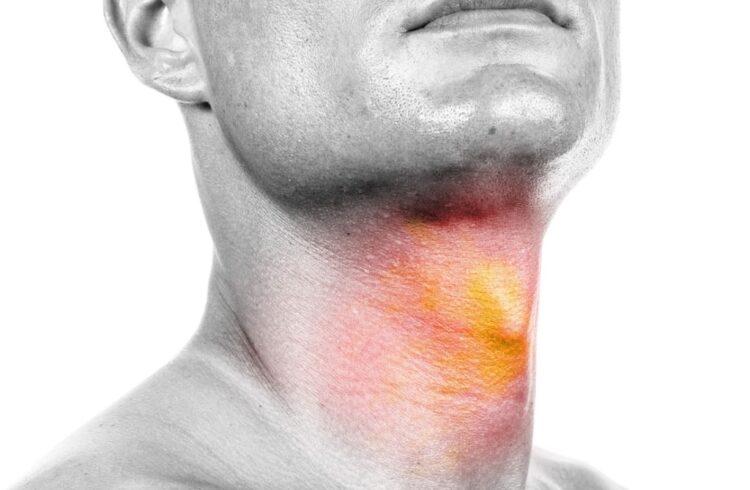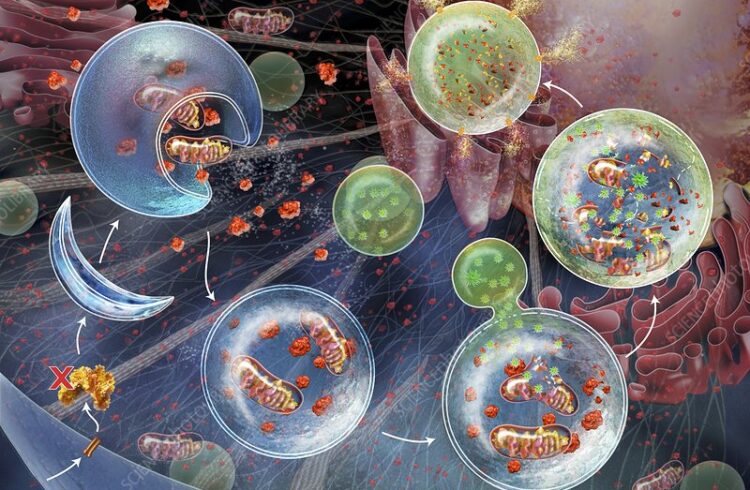Advanced glycation end products, highly toxic advanced glycation end products derived from glyceraldehyde (Advanced Glycation End Product-2) and glycolaldehyde (Advanced Glycation End Product-3), are biologically reactive compounds associated with diabetic complications. Uptake of advanced toxic glycation end-products is inhibited by fucoidan, a sulfated polysaccharide. On the other hand, an antagonistic ligand for scavenger receptors, making […]
Category: Fucoidan Research
Fucoidan from brown seaweeds is known to contain multiple human defense functions. It maintains intestine health, which is normalized by the immune system. Fucoidan is the human defense function that is normalizing the intestinal system, making it indispensable for people’s health in these modern times. It also has biological effects of blood coagulation suppression, antitumor, […]
Fucoidan is a sulfated fucose-rich polysaccharide derived from the cell membranes of seaweed species such as Fucus. It is known to have multiple health benefits as revealed in a few recent studies. Also, carcinoma is the most common type of cancer that occurs in the epithelial tissue of the skin. It may also effect the […]
Fucoidan is a polysaccharide isolated from brown algae. It has multiple healing properties, such as antitumor and antioxidant benefits. Although there are many reports on the prebiotic effects of polysaccharides on the host, there are few that relate the results of Fucoidan on biochemical blood indices, gut microbiota, and metabolic function in healthy hosts. The […]
According to the study “The Roles of Autophagy in Cancer” by Chul Won Yun et al., autophagy is an intracellular degradation process. It occurs under stressful conditions, such as organelle damage, abnormal protein presence, and nutrient deprivation. Regulation of autophagy plays a dual role in tumor suppression and advancement in many cancers. In addition, autophagy […]
With recent advanced studies, Fucoidan has shown various beneficial biological functions. Fucoidan inhibits cancer cell proliferation and inhibits cell proliferation by inducing apoptosis and cell cycle arrest. Previous studies have also indicated that Fucoidan is a potential preventive or therapeutic agent for cancer, suggesting that tumor progression is influenced by the microenvironment, including inflammatory responses. […]
Fucoidan is a fucose-rich polysaccharide isolated from brown algae. In the past, various studies have demonstrated numerous physiological activities. Among many benefits, Fucoidan is known for its anticancer effect and is drawing attention. Therefore, the synergistic fucoidan effect of combining Fucoidan and anticancer drugs is being studied as a new anticancer compound. Thus, I would […]
Recently, some beverages have been mixed with fucoidan in the market. However, most people are not sure yet how the drink with fucoidan has benefits against cancer. Hence, I would like to share a study, “A novel fucoidan complex-based functional beverage attenuates oral cancer through inducing apoptosis, G2/M cell cycle arrest and retarding cell migration/invasion,” […]
Transplantation of hematopoietic progenitor stem cells (HPC) is a treatment that aims to completely cure blood cancers, including immunodeficiency diseases that are difficult to cure with ordinary chemotherapy and immunosuppressive therapy alone. In hematopoietic stem cell transplantation, hematopoietic stem cells are collected in advance from the patient or a donor. Then, they are administered by […]
In the blog, I would like to present the study, “A state-of-the-art review on fucoidan as an antiviral agent to combat viral infections,” by Biswajita Pradhan et al. The study proposes to address fucoidan as a potential protective therapy against COVID-19 and the antiviral activity of sulfated polysaccharides. Even though COVID-19 has declined, it still […]








